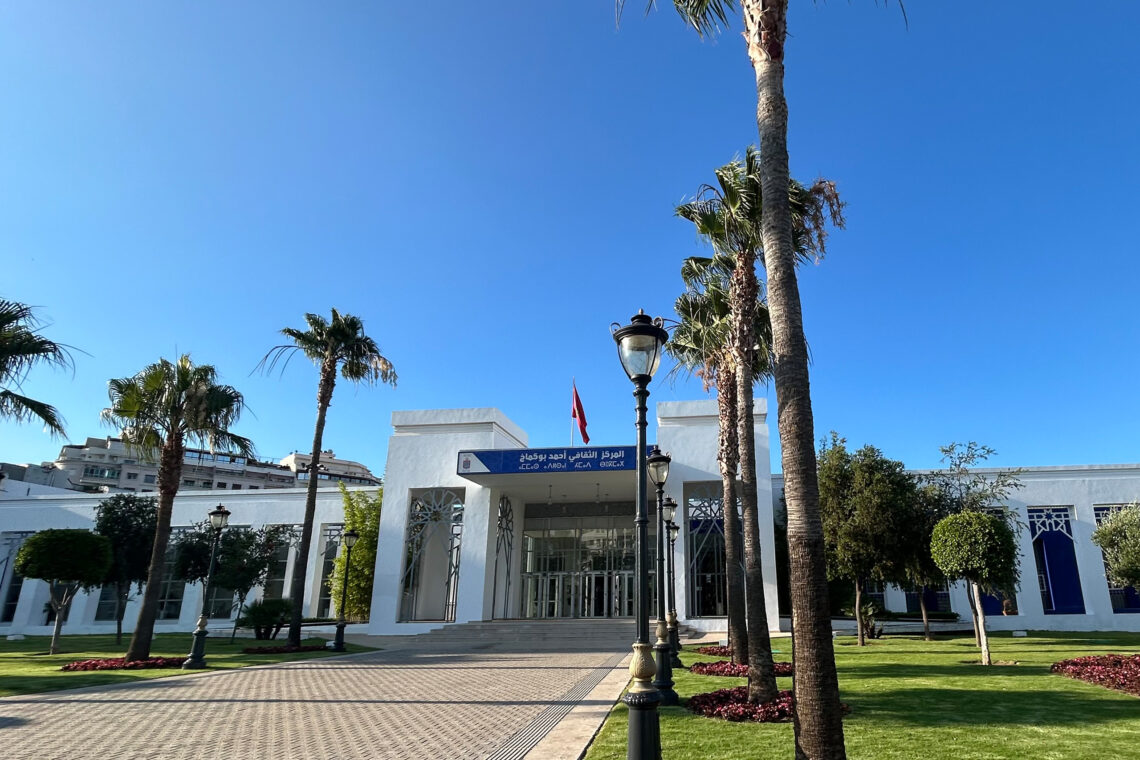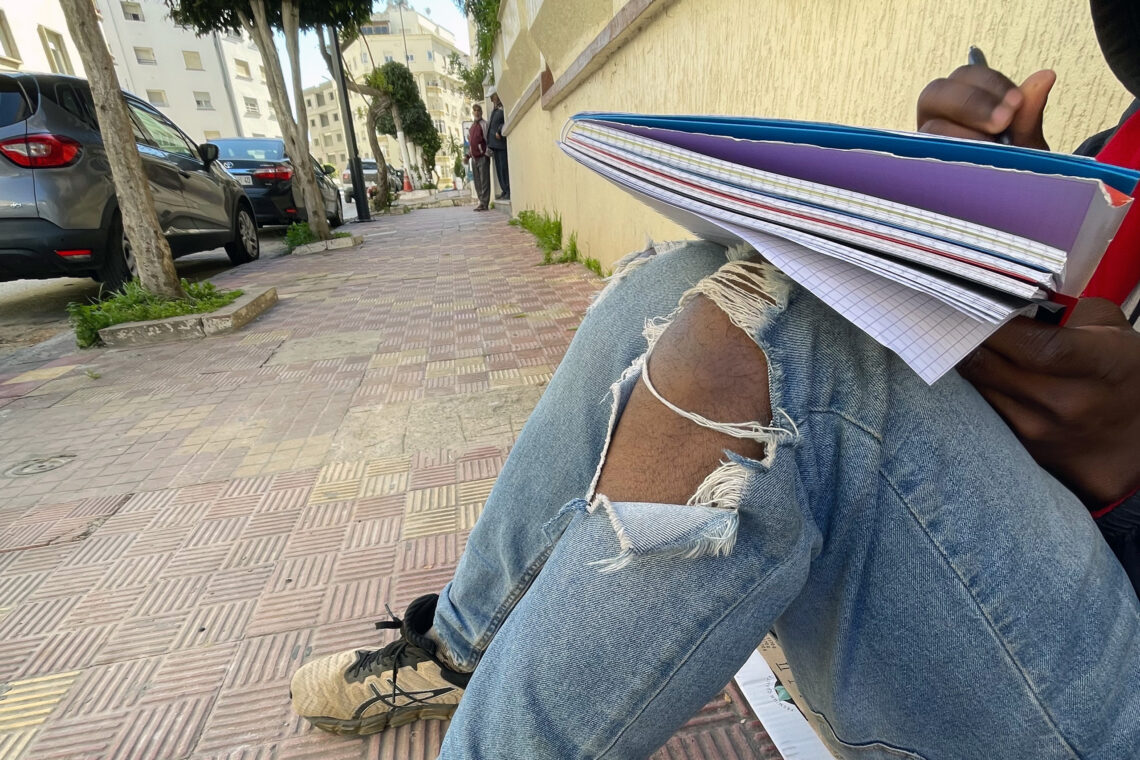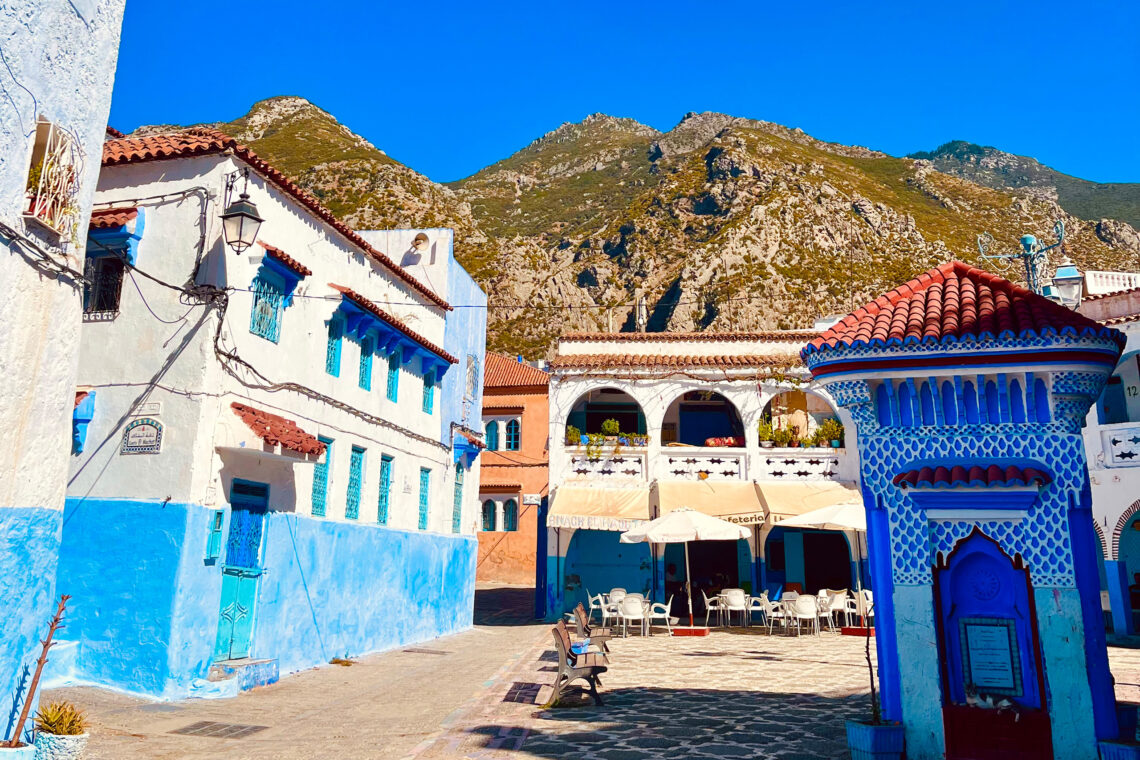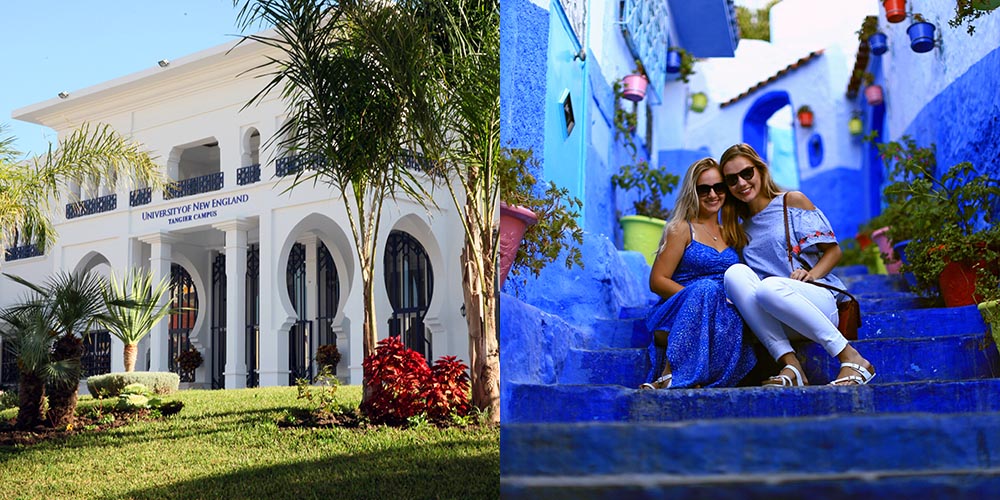Seven grueling months ago, I decided to run away to a new country. In this new country, I met Ismael.
Ismael was my age (he’s 20) with dark hair that hangs in front of his face, and whose kind, inquisitive eyes were light brown. He’s also boyish in style, wearing mostly graphic T-shirts and athletic shorts, and seemed quiet at first.
At the beach, he carried just a towel. When we went to the mall, he carried only his lunch. He made sure everyone got settled, usually ordering last after he was sure we were all safe and happy. He was instinctively generous. In the short time we had, I’d confided in him about my mental and social struggles, and without hesitation he offered me an empathetic ear.
With my friend, Taylor, I made plans to go to his house. It was a simple errand that should have involved little effort. Or so I thought.
After failing to flag down a taxi, we decided to trek into the unfamiliar streets of Tangier. The heat weighed like a blanket over our shoulders, but we tried to stay positive. That is, until we hit an uphill slog worthy of Everest, a never-ending series of switchbacks and stairs that seemed to reach into the heavens.
I reread the GPS about six times before I broke the news to Taylor. “Looks like we have to go that way,” I said, pointing upward. She shot me a look of death but took the news like a champ, and we started climbing. The GPS soon became our adversary when it began to tell us to turn down roads that did not exist. Soon, Taylor and I were rocking a sheen of sweat and our positive attitudes were deteriorating by the second.
We took another sharp turn when suddenly, a group of boys started telling us, “No,” as if to alert us of some danger lurking beyond the steps. The pavement was cracked and uneven, and I began to get nervous about Ismael’s part of town.
Luckily, at that moment, a beige chariot emerged from around the corner.
“Taxi! Taxi!” we called, flailing our arms as the driver pulled to a stop and gestured for us to climb aboard. Into our salvation we entered.
As we drove, the apartments transformed into houses and the houses turned into mansions. Guards started to appear outside the gates, and our driver whetted our curiosity. “Here lives the king,” he said.
Taylor and I looked at each other, worried we were going the wrong way. I showed the driver our destination again, and he just nodded his head and kept driving. Two minutes later, the driver slowed to a stop.
“Here?” I asked.
He nodded, and we paid him fifteen dirhams — a dollar fifty — and stood on the sidewalk, confused.
“I’ll text Ismael,” Taylor said, pulling out her phone. A few moments later, our friend appeared. He greeted us and we followed him inside a tall white building and into what looked like an apartment. He introduced us to his friend Hamza, a small and jubilant guy bursting with energy.
“Come, chill!” Hamza said, his arms wide open and beaming a smile. “It is a good day!”
His positive mood was infectious, and I found myself smiling, too. Ismael tapped me on the shoulder and asked if we wanted a tour of the house. I looked at him, confused.
“I thought we were already in the house?” He laughed and shook his head.
“This part is just for me; the house is over there.” Curious, Taylor and I followed him outside to see a massive mansion surrounded by greenery overlooking the ocean.
“No way,” we said in unison. We followed him inside. The center room was marble, surrounded by pillars that reminded me of those at the Caves of Hercules. Antique furniture, sculptures, and exquisite carpets filled the space. I felt as if I was too poor to even be standing inside. The more we saw, the fewer words we could use to describe how we felt. Eventually, after seeing the indoor pool, we were left with only one word: unbelievable.
After we recovered from the shock, we sat outside with Ismael, Hamza, and three others of their friends. Ismael, a chivalrous host, made sure that Taylor and I were happy and having fun.
Time raced, and after a while of exchanging stories, curfew hung over our heads like the plague.
“Do you have to go now?” our generous friend asked. I grudgingly nodded and gave Ismael a big hug.
“Hamza will get you a taxi.” He smiled at me and waved us off.
“Yes, curfew is approaching!” Hamza laughed and Taylor and I followed him up to the road.
Hamza completed his task with grace, and as we entered the taxi, I hugged my new friend. Droving back to campus, I was buzzing with excitement about our experience that afternoon, and more than ever I was determined to explore Tangier and create new relationships.





Comments are moderated by the editor and may not appear on this discussion until they have been reviewed and deemed appropriate for posting. All information collected is handled in a manner consistent with our privacy policy.